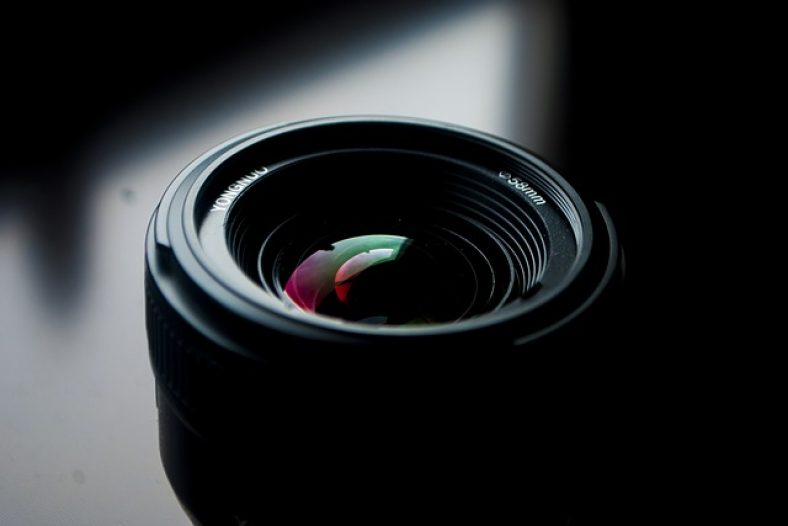The quality of your images is greatly affected by the cleanliness of your camera lens. Cleaning your camera lenses should be done carefully and in moderation. Otherwise, you run the risk of scratching the lens.
Where camera lenses are concerned, cleanliness is associated with sharpness and high image quality. Cleaning camera lenses require special care, and there are different ways to do it for great results.
Why is it necessary to clean the camera lens?
The best way to ensure the quality of your photos is to keep your camera lens clean, which is best done proactively in the comfort and quiet of your home. Cleaning the lens at home allows you more time and better tools to work, and it only takes a few minutes. The reason for cleaning camera lenses is to get rid of dirt, dust, and smudges caused by evaporated water or your fingerprints while you shoot. All three have different techniques for getting rid of them.
If your camera lens is dirty, the dirty optics will affect the quality of your image. There are both correct and incorrect ways to clean a camera lens at home, but it’s important to remember not to clean the lens unnecessarily.
Cleaning a camera Lens at home
Often, camera lenses get dirty or dusty, and you have to be okay with the idea that your lens is always going to have some. Other substances necessitate the need to clean a camera lens, such as oils from fingers, food, elements, and any other substance that your gear might pick up when doing your shoot. If the issue with your camera lens is dust, then there is no need to worry.
Some dust particles can go unnoticed in photos if it’s on the front of the lens, so it’s harmless, but if it’s on the back of the lens or oil on the lens, then the effect is massive. It is advisable to clean your camera lens only when imperative and necessary, not because it is part of a schedule.
Marks and stains on camera lenses are bad for image quality and sharpness. If you notice any stain or dust that needs cleaning, use either a lens brush, a lens blower, a cleaning fluid with a tissue or cloth, or even premoistened wipes to prevent making things worse.
Dust, smudge, and particles removal
When there are dust particles on your camera’s lens, the first thing to do would be to use a blower. A blower is less likely to aggravate the situation, and it is instrumental as well. Some people use their breath to get rid of dust particles on camera lenses, but this isn’t advisable because it introduces saliva and causes condensation on the lens. It’s not advisable to use air compressors either as they drip oil on the lens, causing smudges.
If the blower isn’t sufficient, you can use a lens brush for the same. Brushes are, however, a riskier choice because they can pick up substances that transfer to the lens, causing scratches and doing more damage. When using a lens brush, be careful not to touch the brush with your fingers as it can transfer oils over which are hard to get rid of.
There is another way to clean camera lenses, but it is the most potent and messy cleaning option, especially for the Best lenses for Nikon d3400. Using a spray bottle of cleaning fluid made with denatured alcohol is also useful in cleaning a camera lens at home.
When using this method, don’t use facial tissues lying around and don’t spray directly onto the cleaning surface because it can leave streaking or scratches on the lens. You can also use a cleaning paper tissue to ensure you have a clean and dust-free lens for your shoot. If you want a more effective way to get rid of smudges and fingerprint marks on your lens, use a microfiber lens cleaning cloth, which can be reused before discarding.
A camera lens is very sensitive, so clean it only if you must because keeping up with every speck of dust might end up doing more damage than good. Beware of rear smudges because, although the rear part of the lens is less susceptible to oil and dirt, this part has the greatest impact on your image quality.
Related Posts:
